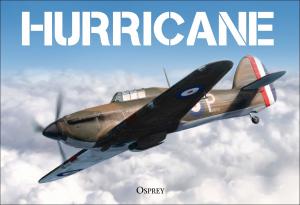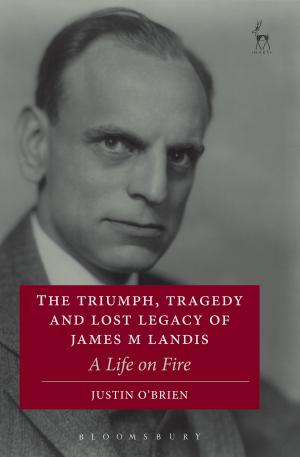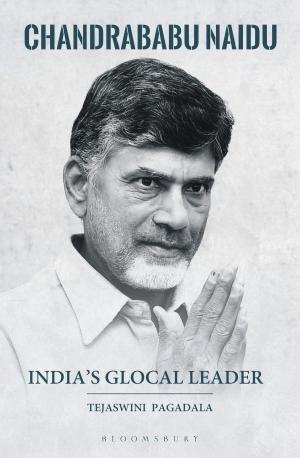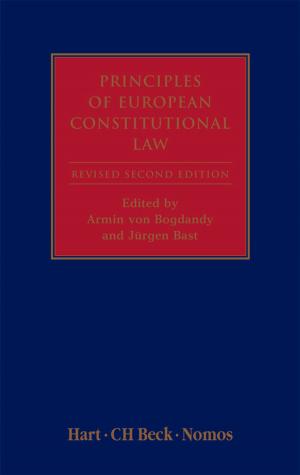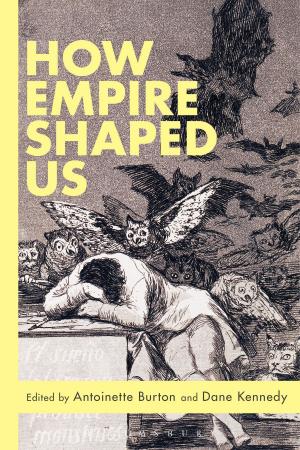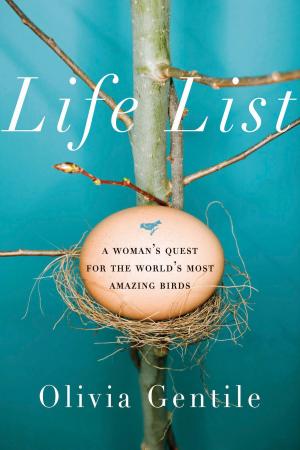Lorca, Buñuel, Dalí
Forbidden Pleasures and Connected Lives
Nonfiction, Entertainment, Performing Arts, Fiction & Literature, Literary Theory & Criticism, Biography & Memoir| Author: | Prof Gwynne Edwards | ISBN: | 9780857731173 |
| Publisher: | Bloomsbury Publishing | Publication: | June 17, 2009 |
| Imprint: | I.B. Tauris | Language: | English |
| Author: | Prof Gwynne Edwards |
| ISBN: | 9780857731173 |
| Publisher: | Bloomsbury Publishing |
| Publication: | June 17, 2009 |
| Imprint: | I.B. Tauris |
| Language: | English |
Lorca, Buñuel and Dalí were, in their respective fields of poetry and theatre, cinema, and painting, three of the most maginative creative artists of the twentieth century, their impact felt far beyond the boundaries of their native Spain. But if individually they have been the subject of various studies, their connected lives have rarely been considered. The connections between them are the subject of this illuminating book.
They were born within six years of each other and, as Gwynne Edwards reveals, their childhood circumstances were very similar. Each was affected by a narrow-minded society and an intolerant religious background which equated sex with sin and led all three to experience sexual problems of different kinds: Lorca the guilt and anguish associated with his homosexuality; Buñuel feelings of sexual inhibition; and Dalí virtual impotence. Having met during the 1920s at the Residencia de Estudiantes in Madrid, they developed intense personal relationships and channelled their respective obsessions into the cultural forms then prevalent in Europe, in particular Surrealism. Rooted in emotional turmoil, their work - from Lorca's dramatic characters in search of sexual fulfilment, to Buñuel's frustrated men and women, and Dalí's potent images of shame and guilt - is highly autobiographical. Their left-wing outrage directed at bourgeois values and the Catholic Church was strongly felt, and in the case of Lorca in particular, was sharpened by the catastrophic Civil War of 1936-9, during the first months of which he was murdered by Franco's fascists.The war hastened Buñuel's departure to France and Mexico and Dalí's to New York. Edwards describes how, for the rest of his life, Buñuel clung to his left-wing ideals and made outstanding films, while the increasingly eccentric and money-obsessed Dalí embraced Fascism and the Catholic Church, and sawhis art go into rapid decline.
Lorca, Buñuel and Dalí were, in their respective fields of poetry and theatre, cinema, and painting, three of the most maginative creative artists of the twentieth century, their impact felt far beyond the boundaries of their native Spain. But if individually they have been the subject of various studies, their connected lives have rarely been considered. The connections between them are the subject of this illuminating book.
They were born within six years of each other and, as Gwynne Edwards reveals, their childhood circumstances were very similar. Each was affected by a narrow-minded society and an intolerant religious background which equated sex with sin and led all three to experience sexual problems of different kinds: Lorca the guilt and anguish associated with his homosexuality; Buñuel feelings of sexual inhibition; and Dalí virtual impotence. Having met during the 1920s at the Residencia de Estudiantes in Madrid, they developed intense personal relationships and channelled their respective obsessions into the cultural forms then prevalent in Europe, in particular Surrealism. Rooted in emotional turmoil, their work - from Lorca's dramatic characters in search of sexual fulfilment, to Buñuel's frustrated men and women, and Dalí's potent images of shame and guilt - is highly autobiographical. Their left-wing outrage directed at bourgeois values and the Catholic Church was strongly felt, and in the case of Lorca in particular, was sharpened by the catastrophic Civil War of 1936-9, during the first months of which he was murdered by Franco's fascists.The war hastened Buñuel's departure to France and Mexico and Dalí's to New York. Edwards describes how, for the rest of his life, Buñuel clung to his left-wing ideals and made outstanding films, while the increasingly eccentric and money-obsessed Dalí embraced Fascism and the Catholic Church, and sawhis art go into rapid decline.




